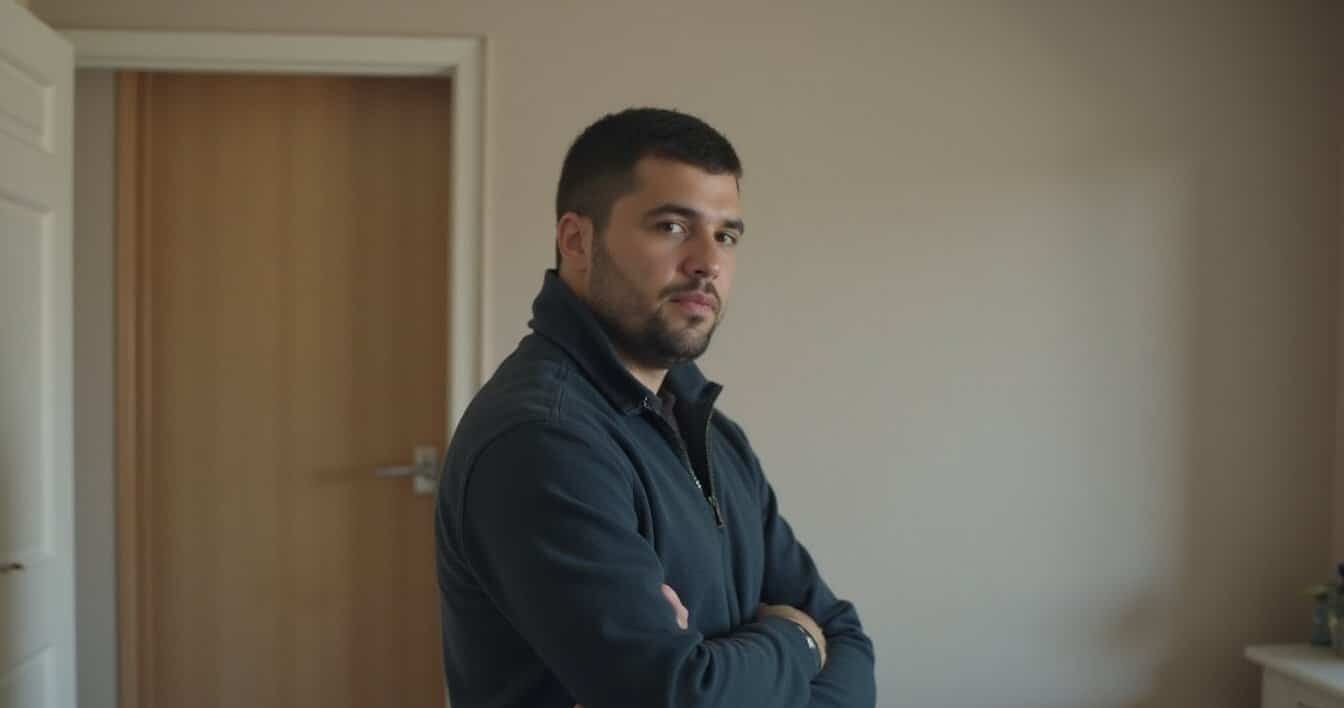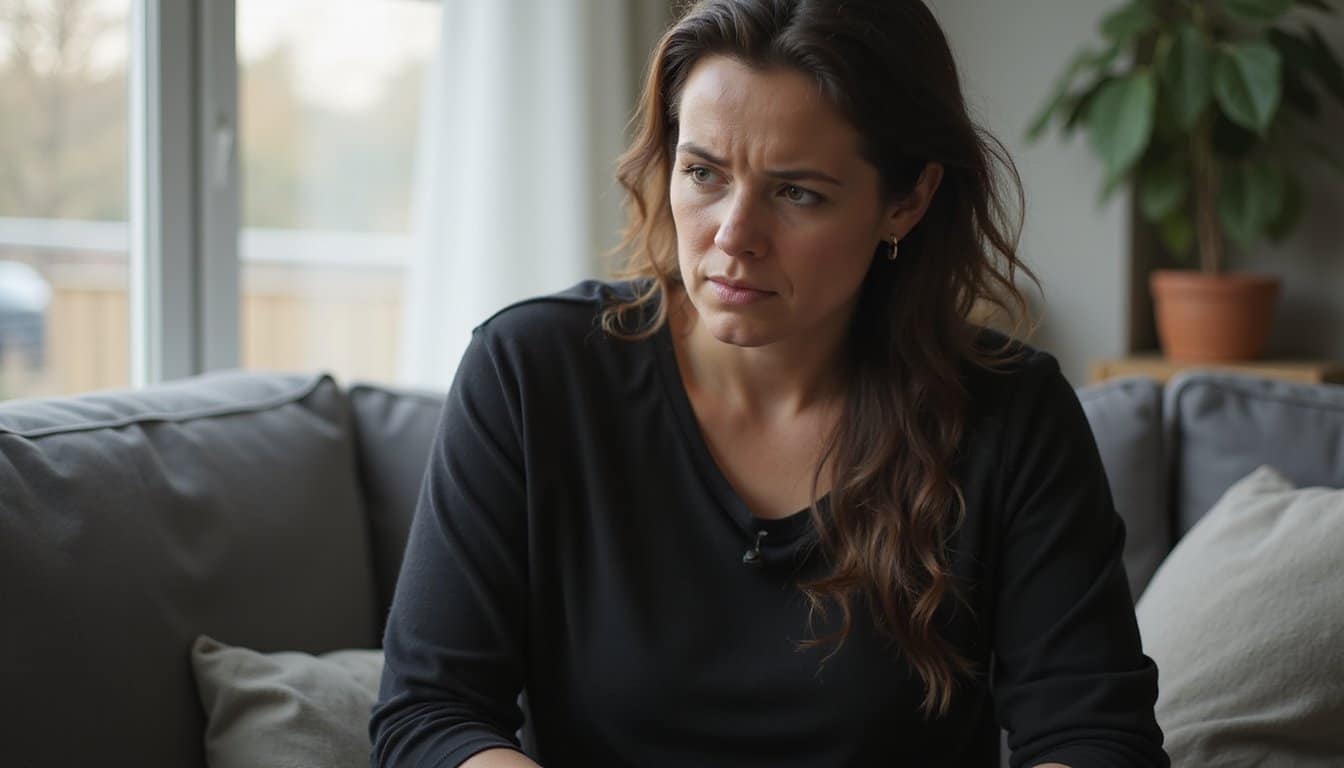Individual therapy costs in 2025 range from $60 to $250 per session, with online platforms offering more affordable rates of $60-$100 compared to in-person care at $100-$250. You’ll find significant geographic variations, with urban centers like New York charging $150-$300 per session, while southern states maintain lower fees. Cost-saving options include sliding-scale payments, group sessions at $40-$50, and insurance coverage. Understanding these variables will help you access care within your budget.
Average Therapy Session Costs Nationwide

While therapy costs vary markedly across the United States, individual sessions typically range from $60 to $250 in 2025, with online platforms offering more affordable options than traditional in-person care. You’ll find significant therapy pricing variations based on the service delivery method, with in-person sessions averaging $100-$250 and online platforms charging $60-$100 per session. Finding the right balance between cost and quality care is essential for sustainable long-term treatment. Many therapists offer sliding scale fees based on your income level and financial circumstances.
Regional cost differences play a substantial role in pricing, particularly in urban areas where in-person therapy can exceed $150-$250 due to higher overhead costs. You can access more budget-friendly alternatives through group therapy sessions at $40-$50, or messaging-only platforms starting at $40 weekly. Your therapist’s qualifications and specializations will impact costs, with advanced degrees and specialized treatments commanding premium rates. Insurance coverage and benefits can significantly reduce out-of-pocket expenses through copays and deductibles.
How Location Impacts Your Therapy Expenses
Geographic location substantially influences therapy costs across the United States, with rates varying by as much as $150 per session between different regions and metropolitan areas. Urban centers like San Jose and Washington D.C. consistently show higher rates than cities like Phoenix, Dallas, and San Diego, reflecting regional economic factors such as cost of living and provider density. In major cities like New York, therapy sessions typically range from $150 to $300 per session. Virtual therapy options have emerged as a more affordable alternative for many clients. Many practices now offer sliding scale spots to approximately 20% of their client base to ensure accessibility while maintaining financial stability.
State-specific trends reveal notable patterns, with North Dakota ($227) and Alaska ($212) commanding the highest rates due to provider scarcity. Cultural attitudes impacting rates play a significant role, particularly in Southern states where therapy stigma often results in lower demand and reduced fees. You’ll find the Northeast and West Coast typically charge more than the South and Midwest, though rural areas in any region may see amplified costs due to limited provider availability.
Money-Saving Options for Mental Health Care

As therapy costs continue rising nationwide, several evidence-based strategies can help you access mental health care without straining your budget. Research suggests that 15-20 sessions are typically needed to see meaningful improvement. Medicaid provides extensive coverage for 44 mental health services across 45 states, including therapy and substance abuse treatment. You’ll find sliding-scale therapists offering sessions for as low as $20-$60 based on your income level. Many therapists also accept Employee Assistance Programs through your workplace, offering several free counseling sessions annually.
Digital platforms like Talkspace deliver affordable alternatives, with insurance copays starting at $15. Traditional in-person therapy sessions average $174 per hour when paying out of pocket. You can also investigate therapist-led support groups and community-based mental health programs, which typically cost 30-50% less than individual sessions. To optimize value, track your progress through apps, practice skills between sessions, and consider negotiating bulk rates with providers. Many government-funded centers offer free group therapy options, making mental health care more accessible regardless of your financial situation.
Insurance Coverage and Payment Methods
Insurance coverage for therapy varies substantially across providers and regions, with reimbursement rates typically ranging from $60 to $250 per session. You’ll find prominent provider reimbursement discrepancies among major insurers, with Aetna offering $75-$92 while UnitedHealthcare pays $71-$83 per session. Providers actively work to renegotiate contracted rates annually to maintain competitive pricing.
| Insurance Type | Rate Range | Common Challenges |
|---|---|---|
| In-Network | $60-$100 | Limited provider choice |
| Out-of-Network | $120-$250 | Higher upfront costs |
| Medicaid | 40% less | Few accepting providers |
When facing out of network challenges, you’ll need to pay upfront and submit claims for reimbursement through EOB statements. Consider using HSAs or exploring in-network options to reduce costs. Your location immensely impacts rates, with urban areas commanding higher fees than rural regions. Insurance acceptance varies widely, as one-third of therapists operate on a cash-only basis.
Current Market Trends and Future Cost Predictions

Market analysis reveals substantial variations in individual therapy costs throughout 2025, with session prices ranging from $60 to $250 depending on delivery format and provider credentials.
Factors affecting therapist pricing include advanced certifications, specialized training, and practice location. You’ll find higher rates in urban areas like NYC, where sessions can reach $250, compared to rural regions averaging $145. Regional therapy cost variations also reflect local market demands and operating expenses. Therapists who lack specialized skills may face increasing difficulty maintaining higher rates in competitive markets.
The industry’s shift in the direction of private practice continues to influence pricing, as self-employed practitioners set higher rates to cover business costs. You can expect continued cost increases, supported by rising utilization trends showing patients now averaging 13 annual sessions, up from 10 in 2018. Telehealth options remain a cost-effective alternative, typically ranging from $60-$100 per session.
Frequently Asked Questions
What Happens if I Need to Cancel or Reschedule a Therapy Session?
You’ll need to follow your therapist’s cancellation fees and rescheduling policies, which typically require 24-48 hours’ notice to avoid charges. If you cancel late, you may incur the full session cost ($60-$250) or a partial fee. You can often avoid fees by rescheduling within the notice period. Many practices offer exceptions for emergencies and may include annual allowances for free cancellations. Always verify specific policies with your therapist.
How Often Should I Schedule Therapy Sessions for Optimal Mental Health Benefits?
Weekly sessions typically provide ideal frequency for most therapy needs, though your specific situation may require adjustments. Research shows that consistent weekly meetings support better outcomes and stronger therapeutic relationships. You’ll benefit most from session continuity, especially during early treatment. Your therapist might recommend twice-weekly sessions for severe symptoms or reduce frequency to bi-weekly as you progress. Always discuss scheduling changes with your therapist to maintain treatment effectiveness.
Can Employers Legally Restrict Time off Work for Therapy Appointments?
No, employers can’t legally restrict your time off for therapy appointments when requested as an ADA accommodation. You’re protected by federal law, which requires employers to provide reasonable adjustments to their standard paid time off and mental health policies. You must initiate the accommodation request, and your employer can ask for medical documentation. However, they can’t retaliate against you or deny reasonable scheduling flexibility for therapy sessions.
Do Therapists Charge Extra for Writing Letters or Completing Documentation?
You’ll often find that therapists charge supplementary administrative fees for documentation beyond routine session notes. While basic progress notes are typically included in your session fee, specialized treatment plans, letters for employers, or detailed reports usually incur extra charges. This is because these tasks require significant time outside your regular appointment. It’s best to discuss your therapist’s specific documentation policies upfront to avoid unexpected costs.
Are Therapy Expenses Tax-Deductible as Medical Expenses?
Yes, your therapy expenses are tax-deductible as medical expenses if they’re part of treating a diagnosed mental health condition. You’ll need to itemize deductions and exceed 7.5% of your adjusted gross income in total medical expenses. This applies whether you’re paying full fees, using payment plans, or accessing sliding scale fees. Keep detailed records of all expenses, including receipts and provider documentation, and consider consulting a tax professional for guidance.
















